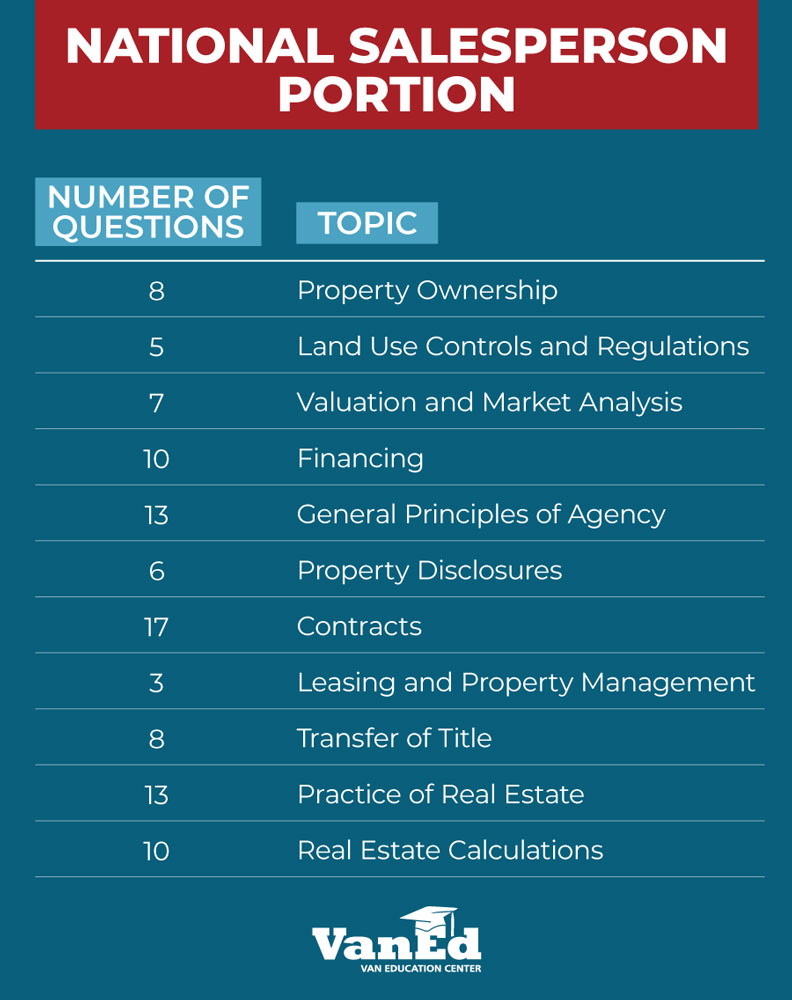
You might be shocked to learn that an appraisal came in lower than you originally agreed upon when you made your offer. You may have to renegotiate your purchase price, appeal the appraisal, or come up with more money down to make up the difference. There are several ways to circumvent this situation and get a good deal for the home you want.
1. The Buyer can't rely on their lender to appraise high because house appraisals are low
A mortgage lender can only lend buyers 80% of the property's value. This is why it is crucial to understand what happens if your appraisal falls below that amount. You'll have to pay cash or borrow money to make up the difference, which can be very costly depending on your financial situation.
2. You're Trying to Buy a Newly-Developed Condo in a Gentrifying Neighborhood and the Appraisal Comes in Low
If you're looking for a new condo or co-op in an area that is in the midst of gentrification, chances are that you'll be getting an appraisal that will come in much lower than the price you've agreed upon. These properties are typically valued at a much higher level than properties that have been listed and under contract for years.

3. Your appraisal comes in low, but the seller won't budge
It can be hard for buyers to negotiate a lower price when there are so many other offers. The seller might also be hesitant to negotiate their sales price, especially if they have multiple offers on the table and are impatient.
4. Your appraisal comes in low and the seller won't move
Sellers often offer to renegotiate their selling price if they cannot get a buyer. This is because they may be worried that if they don't get another buyer, their home will sit on the market for long and lose its value.
5. Your appraisal came in low, and you cannot rely on the seller to trust their lender.
If the appraiser says your home is worth less than what you've offered, you can always ask your lender to do another appraisal. While this will take some time it can be a good way to try for a better appraiser.

6. Your Appraisal comes in low and your Real Estate Agent has listed the house too high
An agent trying to sell your home may have listed the price too high. They might be unable convince a buyer that the difference between the sale price and the appraisal value is worth it. This can result both in an extended escrow time and unpleasant experiences for all.
You might also consider asking the seller if the house has been vacant for a while to be relisted at a reduced price. This is a risky option in a market that's experiencing a strong selling season. But it's still possible.
FAQ
What is reverse mortgage?
A reverse mortgage is a way to borrow money from your home without having to put any equity into the property. This reverse mortgage allows you to take out funds from your home's equity and still live there. There are two types of reverse mortgages: the government-insured FHA and the conventional. With a conventional reverse mortgage, you must repay the amount borrowed plus an origination fee. If you choose FHA insurance, the repayment is covered by the federal government.
What is the average time it takes to sell my house?
It depends on many factors including the condition and number of homes similar to yours that are currently for sale, the overall demand in your local area for homes, the housing market conditions, the local housing market, and others. It can take from 7 days up to 90 days depending on these variables.
Is it cheaper to rent than to buy?
Renting is generally less expensive than buying a home. It is important to realize that renting is generally cheaper than buying a home. You will still need to pay utilities, repairs, and maintenance. The benefits of buying a house are not only obvious but also numerous. For example, you have more control over how your life is run.
How much does it cost to replace windows?
Window replacement costs range from $1,500 to $3,000 per window. The cost of replacing all your windows will vary depending upon the size, style and manufacturer of windows.
Statistics
- It's possible to get approved for an FHA loan with a credit score as low as 580 and a down payment of 3.5% or a credit score as low as 500 and a 10% down payment.5 Specialty mortgage loans are loans that don't fit into the conventional or FHA loan categories. (investopedia.com)
- Some experts hypothesize that rates will hit five percent by the second half of 2018, but there has been no official confirmation one way or the other. (fortunebuilders.com)
- When it came to buying a home in 2015, experts predicted that mortgage rates would surpass five percent, yet interest rates remained below four percent. (fortunebuilders.com)
- Private mortgage insurance may be required for conventional loans when the borrower puts less than 20% down.4 FHA loans are mortgage loans issued by private lenders and backed by the federal government. (investopedia.com)
- This seems to be a more popular trend as the U.S. Census Bureau reports the homeownership rate was around 65% last year. (fortunebuilders.com)
External Links
How To
How to Manage A Rental Property
While renting your home can make you extra money, there are many things that you should think about before making the decision. This article will help you decide whether you want to rent your house and provide tips for managing a rental property.
Here's how to rent your home.
-
What should I consider first? Before you decide if you want to rent out your house, take a look at your finances. If you have outstanding debts like credit card bills or mortgage payment, you may find it difficult to pay someone else to stay in your home while that you're gone. It is also important to review your budget. If you don't have enough money for your monthly expenses (rental, utilities, and insurance), it may be worth looking into your options. This might be a waste of money.
-
How much does it cost for me to rent my house? Many factors go into calculating the amount you could charge for letting your home. These factors include your location, the size of your home, its condition, and the season. You should remember that prices are subject to change depending on where they live. Therefore, you won't get the same rate for every place. Rightmove shows that the median market price for renting one-bedroom flats in London is approximately PS1,400 per months. This would translate into a total of PS2,800 per calendar year if you rented your entire home. This is a good amount, but you might make significantly less if you let only a portion of your home.
-
Is it worth the risk? You should always take risks when doing something new. But, if it increases your income, why not try it? It is important to understand your rights and responsibilities before signing anything. You will need to pay maintenance costs, make repairs, and maintain the home. Renting your house is not just about spending more time with your family. Make sure you've thought through these issues carefully before signing up!
-
What are the benefits? It's clear that renting out your home is expensive. But, you want to look at the potential benefits. There are plenty of reasons to rent out your home: you could use the money to pay off debt, invest in a holiday, save for a rainy day, or simply enjoy having a break from your everyday life. You will likely find it more enjoyable than working every day. Renting could be a full-time career if you plan properly.
-
How do I find tenants? After you have decided to rent your property, you will need to properly advertise it. Listing your property online through websites like Rightmove or Zoopla is a good place to start. You will need to interview potential tenants once they contact you. This will help to assess their suitability for your home and confirm that they are financially stable.
-
How can I make sure that I'm protected? If you fear that your home will be left empty, you need to ensure your home is protected against theft, damage, or fire. In order to protect your home, you will need to either insure it through your landlord or directly with an insured. Your landlord will typically require you to add them in as additional insured. This covers damages to your property that occur while you aren't there. If you are not registered with UK insurers or if your landlord lives abroad, however, this does not apply. In such cases you will need a registration with an international insurance.
-
Even if your job is outside the home, you might feel you cannot afford to spend too much time looking for tenants. However, it is important that you advertise your property in the best way possible. Post ads online and create a professional-looking site. You'll also need to prepare a thorough application form and provide references. Some people prefer to do the job themselves. Others prefer to hire agents that can help. Interviews will require you to be prepared for any questions.
-
What should I do after I have found my tenant? If you have a current lease in place you'll need inform your tenant about changes, such moving dates. You can negotiate details such as the deposit and length of stay. Remember that even though you will be paid at the end of your tenancy, you still have to pay utilities.
-
How do I collect the rent? When the time comes for you to collect the rent you need to make sure that your tenant has been paying their rent. If your tenant has not paid, you will need to remind them. You can subtract any outstanding rent payments before sending them a final check. If you are having difficulty finding your tenant, you can always contact the police. They will not normally expel someone unless there has been a breach of contract. However, they can issue warrants if necessary.
-
How can I avoid potential problems? While renting out your home can be lucrative, it's important to keep yourself safe. You should install smoke alarms and carbon Monoxide detectors. Security cameras are also a good idea. You should also check that your neighbors' permissions allow you to leave your property unlocked at night and that you have adequate insurance. You should not allow strangers to enter your home, even if they claim they are moving in next door.